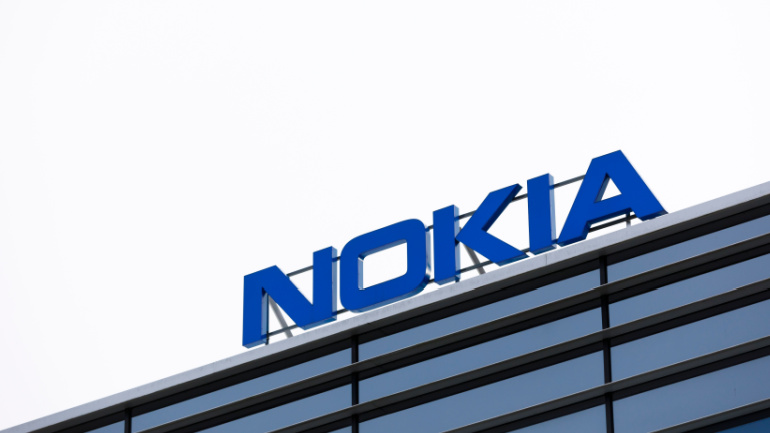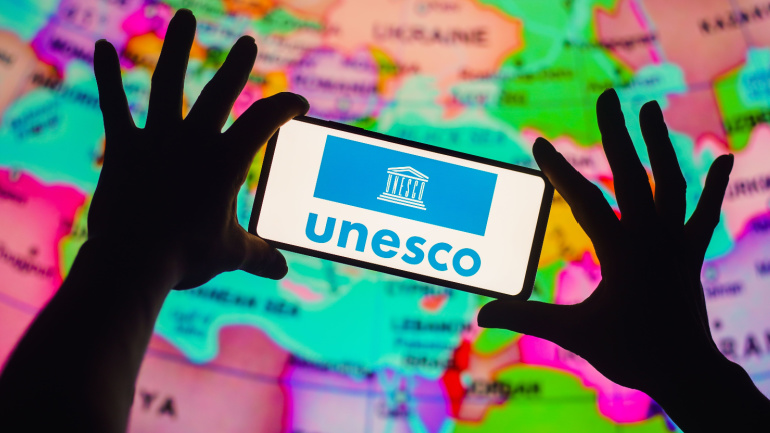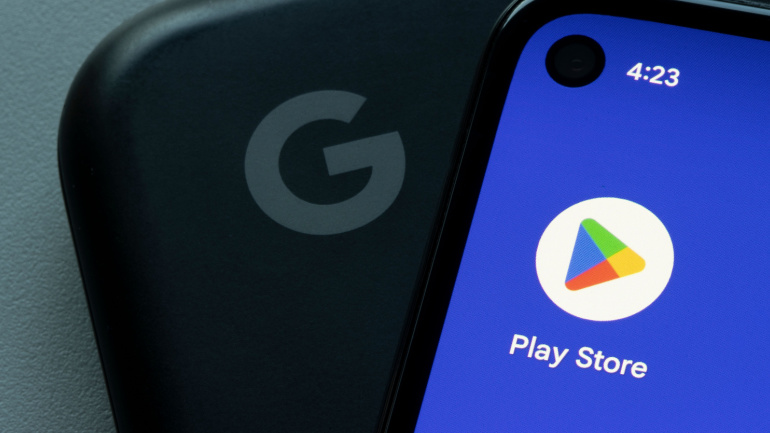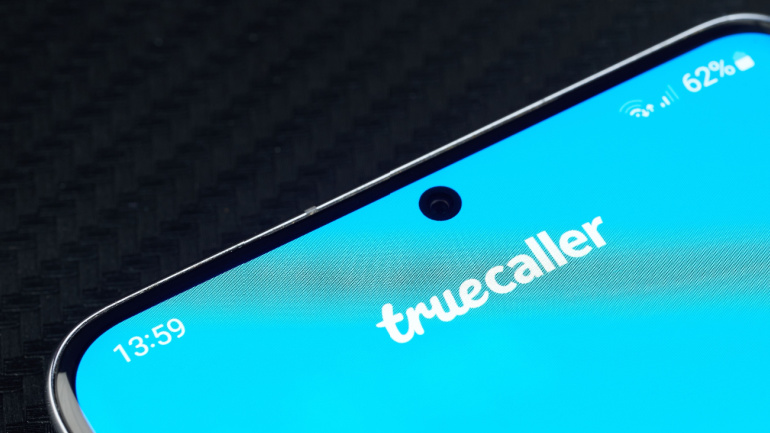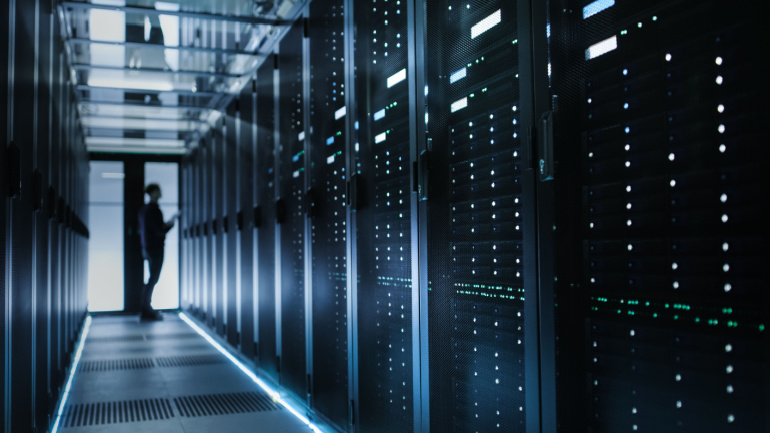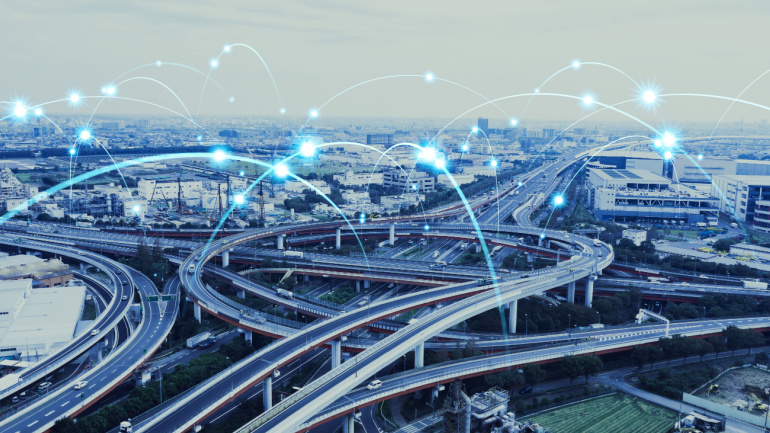Amid challenging market conditions, Nokia emphasizes preserving patent portfolio value over timelines. Despite an optimistic outlook, their declining Q3 net sales and plans to curtail costs speak volumes. Nokia’s pivotal contracts loss to Ericsson hits hard, showcasing the constant flux in the telcos sphere.
In a collaborative effort, UNESCO and Huawei have contributed to the advancement of education in Ethiopia through the Technology-enabled Open School Systems for All project (TeOSS). This initiative, part of Huawei’s TECH4ALL program, has been operational in Ethiopia, Egypt, and Ghana since 2020, with a recent donation ceremony held at the Ethiopian Ministry of Education.
In a significant development, Google has confirmed a $700 million settlement, allocating $630 million to U.S. consumers and $70 million to a fund for U.S. states. The settlement, initially reached in September and related to a class-action lawsuit filed in 2021, addresses concerns about Google’s monopoly on app distribution through the Play Store.
In a testament to its global popularity, Truecaller has secured a coveted spot in Apple’s prestigious list of Top Apps for 2023. The communication platform, traditionally dominant on Android, has surged in popularity since the launch of its revamped iOS version in 2022.
SpaceX’s Starlink project faced a setback this week as the Federal Communications Commission (FCC) voted 3-2 to maintain its decision to deny funding from the Rural Digital Opportunity Fund (RDOF). The initial award in late 2020 aimed to extend broadband coverage to nearly 643,000 premises in 35 states.
Chinese tech juggernaut, Huawei aims to bolster its global partnerships, despite facing recent US sanctions. Pivoting to the automotive sector, Huawei’s Intelligent Automotive Solution (IAS) is poised to become a driving force in smart electric vehicles software and parts. Interestingly, while Mercedes Benz declined an investment offer to retain its software independence, a collaborative opportunity with Audi for autonomous drive technology is reportedly in play.
As the interest in AI accelerates globally, a resurgence is noticed in a related sector: data center investment. AI-integrated solutions demand higher processing capability, marking data centers as attractive long-term investments. Recently, a $7 billion data center joint venture was announced by Blackstone and Digital Realty, promising additional data centers and enhanced IT capacity.
BT Group has taken a bold step into the future of content delivery with an innovative concept known as Multicast-Assisted Unicast Delivery (MAUD). This technology takes a fresh approach, replacing the traditional individual internet stream with a more efficient consolidated flow. Not only is this technology seamless for consumers, it also delivers substantial resource savings. Furthermore, in an era of environmental consciousness, MAUD offers up to a 50% bandwidth reduction during peak times, resulting in lower energy usage.
SoftBank’s recent €473m acquisition of a 51% stake in Cubic Telecom indicates a growing confidence in connected vehicles’ market. Cubic’s unique software – already utilized in around 17 million vehicles worldwide – allows manufacturers to add new functionality over-the-air, enhancing safety and performance. According to McKinsey & Co, by 2030, 95% of new vehicles are anticipated to be connected, revealing the tremendous potential of this sector.
In a landmark move, UK Chancellor Jeremy Hunt has underscored the significance of Microsoft’s transformative investment, heralding it as pivotal for the continual expansion and innovation within the UK technology sector. The multinational tech giant is set to broaden its data center footprint across the UK, unveiling plans for new facilities in London and Cardiff, with potential future expansion into the North of England. This strategic investment aims to double Microsoft’s existing number of data centers in the UK.



